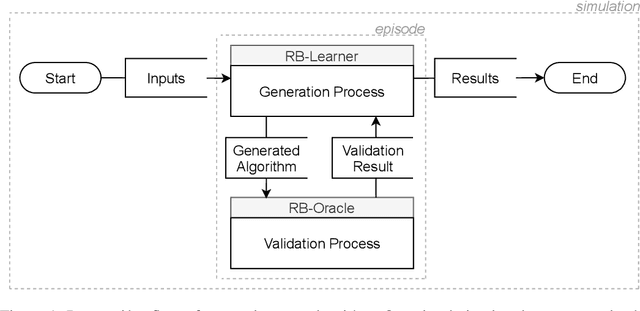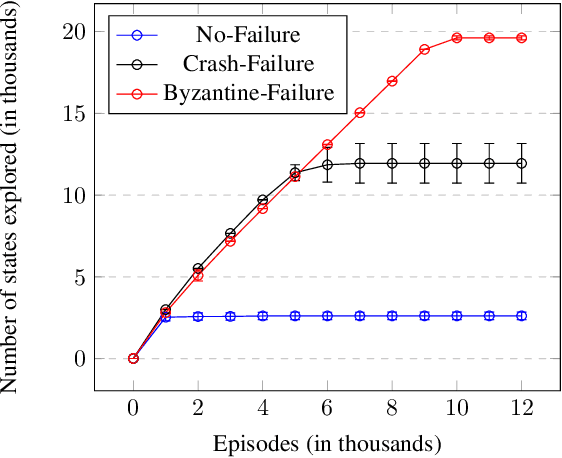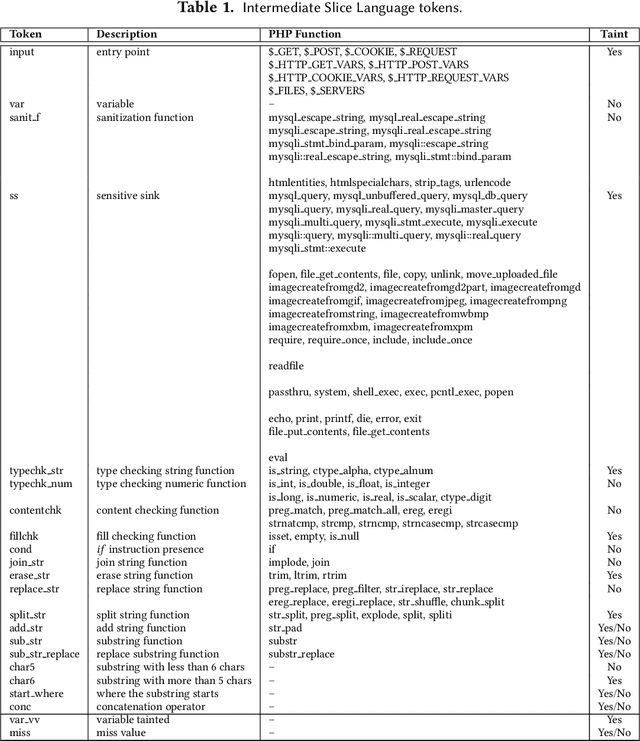Miguel Correia
INESC-ID, Instituto Superior Técnico, Universidade de Lisboa, Portugal
Large Language Models for Explainable Threat Intelligence
Nov 07, 2025Abstract:As cyber threats continue to grow in complexity, traditional security mechanisms struggle to keep up. Large language models (LLMs) offer significant potential in cybersecurity due to their advanced capabilities in text processing and generation. This paper explores the use of LLMs with retrieval-augmented generation (RAG) to obtain threat intelligence by combining real-time information retrieval with domain-specific data. The proposed system, RAGRecon, uses a LLM with RAG to answer questions about cybersecurity threats. Moreover, it makes this form of Artificial Intelligence (AI) explainable by generating and visually presenting to the user a knowledge graph for every reply. This increases the transparency and interpretability of the reasoning of the model, allowing analysts to better understand the connections made by the system based on the context recovered by the RAG system. We evaluated RAGRecon experimentally with two datasets and seven different LLMs and the responses matched the reference responses more than 91% of the time for the best combinations.
XAI for Skin Cancer Detection with Prototypes and Non-Expert Supervision
Feb 02, 2024Abstract:Skin cancer detection through dermoscopy image analysis is a critical task. However, existing models used for this purpose often lack interpretability and reliability, raising the concern of physicians due to their black-box nature. In this paper, we propose a novel approach for the diagnosis of melanoma using an interpretable prototypical-part model. We introduce a guided supervision based on non-expert feedback through the incorporation of: 1) binary masks, obtained automatically using a segmentation network; and 2) user-refined prototypes. These two distinct information pathways aim to ensure that the learned prototypes correspond to relevant areas within the skin lesion, excluding confounding factors beyond its boundaries. Experimental results demonstrate that, even without expert supervision, our approach achieves superior performance and generalization compared to non-interpretable models.
Learning to generate Reliable Broadcast Algorithms
Jul 31, 2022



Abstract:Modern distributed systems are supported by fault-tolerant algorithms, like Reliable Broadcast and Consensus, that assure the correct operation of the system even when some of the nodes of the system fail. However, the development of distributed algorithms is a manual and complex process, resulting in scientific papers that usually present a single algorithm or variations of existing ones. To automate the process of developing such algorithms, this work presents an intelligent agent that uses Reinforcement Learning to generate correct and efficient fault-tolerant distributed algorithms. We show that our approach is able to generate correct fault-tolerant Reliable Broadcast algorithms with the same performance of others available in the literature, in only 12,000 learning episodes.
Statically Detecting Vulnerabilities by Processing Programming Languages as Natural Languages
Oct 12, 2019



Abstract:Web applications continue to be a favorite target for hackers due to a combination of wide adoption and rapid deployment cycles, which often lead to the introduction of high impact vulnerabilities. Static analysis tools are important to search for bugs automatically in the program source code, supporting developers on their removal. However, building these tools requires programming the knowledge on how to discover the vulnerabilities. This paper presents an alternative approach in which tools learn to detect flaws automatically by resorting to artificial intelligence concepts, more concretely to natural language processing. The approach employs a sequence model to learn to characterize vulnerabilities based on an annotated corpus. Afterwards, the model is utilized to discover and identify vulnerabilities in the source code. It was implemented in the DEKANT tool and evaluated experimentally with a large set of PHP applications and WordPress plugins. Overall, we found several hundred vulnerabilities belonging to 12 classes of input validation vulnerabilities, where 62 of them were zero-day.
 Add to Chrome
Add to Chrome Add to Firefox
Add to Firefox Add to Edge
Add to Edge